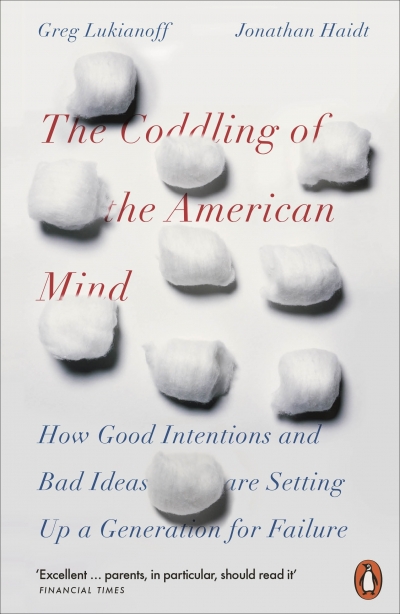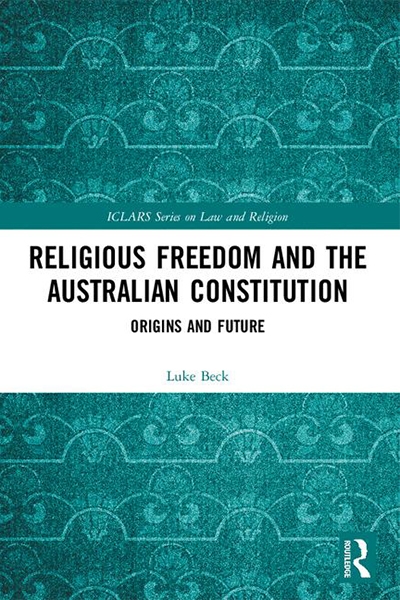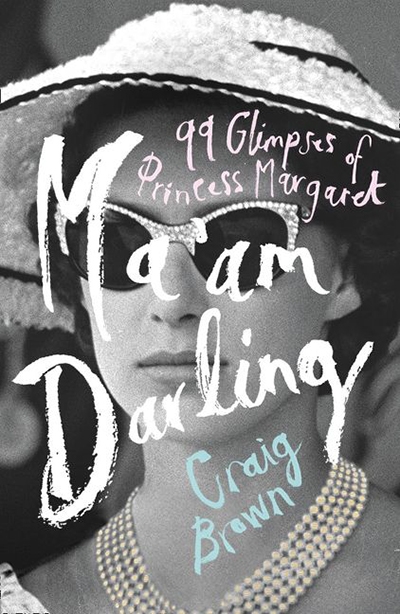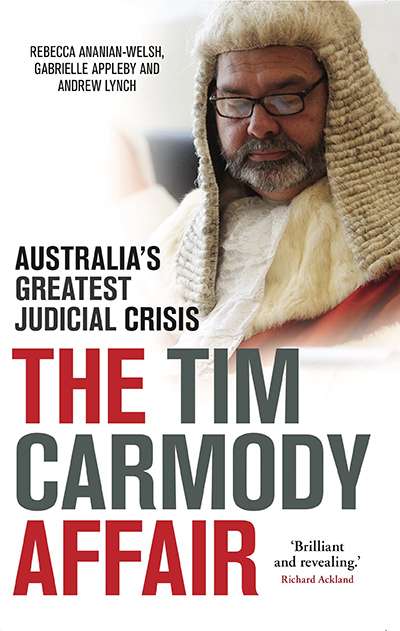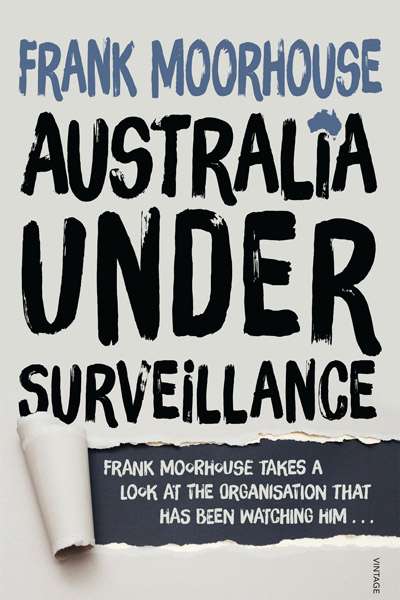David Rolph

David Rolph is a Professor at the University of Sydney Faculty of Law. He is the author of several books, including Reputation, Celebrity and Defamation Law (2008) and Defamation Law (2015). From 2007 to 2013, David was the editor of the Sydney Law Review, one of Australia’s leading law journals.
In 1987, Allan Bloom published his best-selling book, The Closing of the American Mind. The American mind must have remained sufficiently open to allow it, three decades hence, to be coddled. The mind that is being closed or coddled is, in the first instance, the young adult mind in its formative stage – at university. Cultural anxiety about what is going on at universities is nothing new. The l ... (read more)
The role of religion in public life in Australia has become a prominent issue again as a consequence of the Australian Marriage Law Postal Survey. Significant opposition to the passage of marriage equality in 2017 was due to the mobilisation of many faiths and denominations. The centrality of religion in the marriage equality debate is best demonstrated by the title of the legislation amending the ... (read more)
My earliest memory of Princess Margaret is flicking through my grandmother’s copy of The Australian Women’s Weekly and seeing photographs of a middle-aged woman, in huge sunglasses and a colourful kaftan, on a tropical island. I surmised she was famous but did not know why. My grandmother explained, somewhat primly, that she was the queen’s sister and left it at that. To young eyes, the woma ... (read more)
With a few notable exceptions (Michael Kirby springs to mind), judges in Australia do not have a high public profile. Many non-lawyers would struggle to name a judge currently serving on an Australian court. The lack of public profile is not really a problem. In fact, it should be viewed as a benefit. What judges do should be more important than who judges are. Publicity about what goes on in open ... (read more)
It is not often that a legislative provision leaves the pages of the statute books and enters everyday conversation. Statutory interpretation rarely enters public consciousness. Yet this has been achieved by section 18C of the Racial Discrimination Act 1975 (Cth). It is easily the most famous statutory provision in Australia.
The debate about 18C shows no signs of going away. Controversial at its ... (read more)
With marriage equality becoming the norm in Western countries (though, signally, not in Australia), it may be tempting to forget how recent and rapid and seemingly decisive changes in the legal treatment of, and social attitudes towards, homosexuality have been. The death of Lord Montagu of Beaulieu in late August 2015 marked the passing of the last living public figure prosecuted for homosexual o ... (read more)
Operating in the shadows, security agencies usually have indifferent reputations. Their very nature prevents them from fully explaining themselves. At least some of their activities, if exposed to full scrutiny, would not enhance their reputations. There is a need for security agencies, yet the nature and scope of their role, powers, and responsibilities are contestable. In addition, the closed an ... (read more)
Privacy is dead, or so it is regularly pronounced. There are many suspects: big government; big business; the media; social media; technology; us, for giving of ourselves too readily and allowing our privacy to shrivel and die. Even if privacy is not yet dead, it is said to be under threat on multiple fronts.
The most recent threat is the mandatory data retention legislation, passed by the Common ... (read more)


